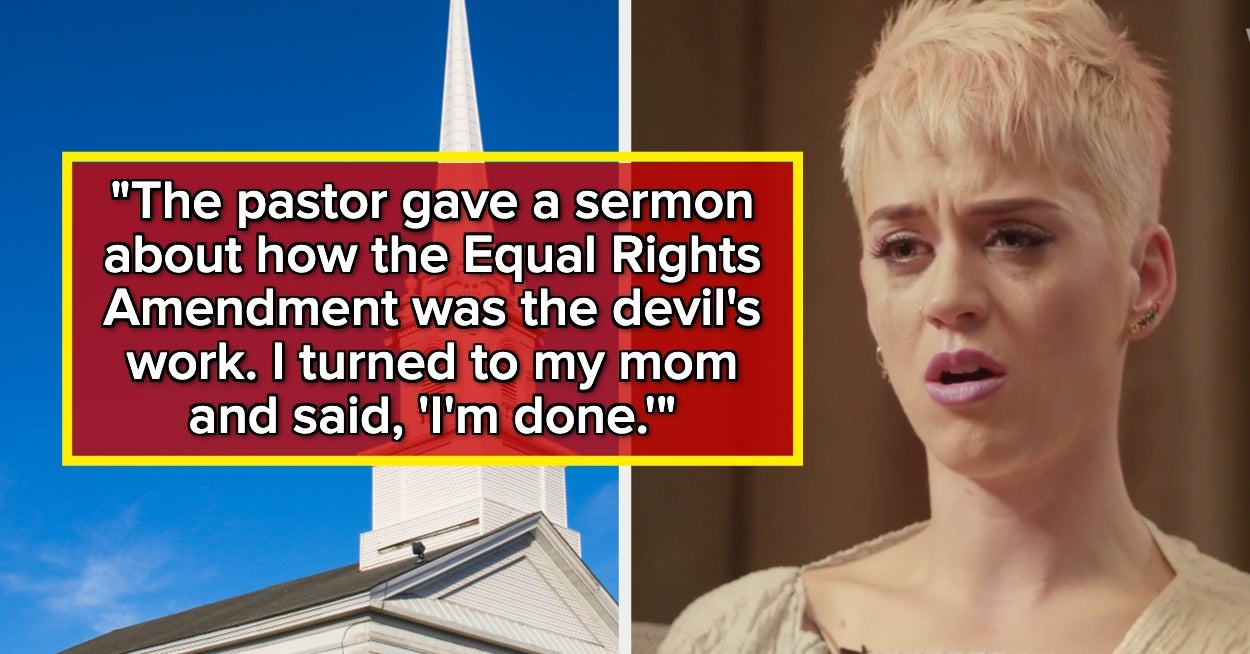
"When I was 10, my closest friend at school died, and I stopped believing. I still had to go to church, but I could not comprehend a god who would let a 10-year-old be killed by his dad. We moved a couple of months later and have been going to better churches, and this summer I found my faith again."
"My beliefs aligned with hers until I became a teenager and started asking more questions. I learned that I was pansexual in my 20s and went through a faith deconstruction during the COVID-19 pandemic. She got angry and couldn't understand why I had changed, and then insinuated that my son was autistic and going to hell because I angered God. I didn't care what she said about me, but I could never get over what she said about my son."
"Still, I'm lucky to go to a very good church that is accepting and supportive of me as a queer and neurodivergent person. I don't know if God is real, but I'd like to think that they are and created us (I could go on a tangent about outer space and math and how everything is intrinsically mathematical, but I won't). I'm comforted by the thought that I might see Sebastian again someday."
People described growing up attending church regularly and losing belief after traumatic events or unanswered moral questions. One person stopped believing at age ten after a childhood friend's death and later tentatively regained faith in a more accepting congregation while remaining skeptical of doctrine. Another person aligned with a religious grandmother until questioning in adolescence, discovered pansexuality in their twenties, and deconstructed faith during the COVID-19 pandemic. Family anger followed, including accusations that the person's son was autistic and condemned, causing lasting pain. Themes include crisis-driven doubt, identity conflicts with doctrine, familial estrangement, and the comfort found in accepting communities.
Read at BuzzFeed
Unable to calculate read time
Collection
[
|
...
]